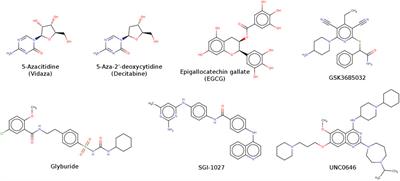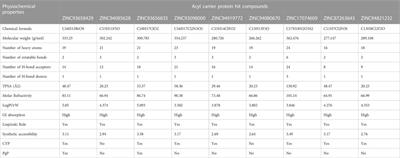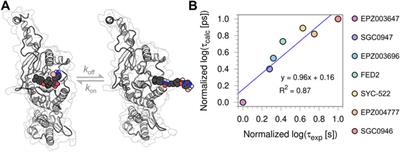EDITORIAL
Published on 21 Feb 2024
Editorial: Use of computational tools for designing epigenetic drugs
doi 10.3389/fddsv.2024.1381450
- 739 views
1,972
Total downloads
11k
Total views and downloads
You will be redirected to our submission process.
EDITORIAL
Published on 21 Feb 2024
ORIGINAL RESEARCH
Published on 11 Dec 2023

REVIEW
Published on 18 Sep 2023
ORIGINAL RESEARCH
Published on 20 Jan 2023

BRIEF RESEARCH REPORT
Published on 09 Jan 2023

